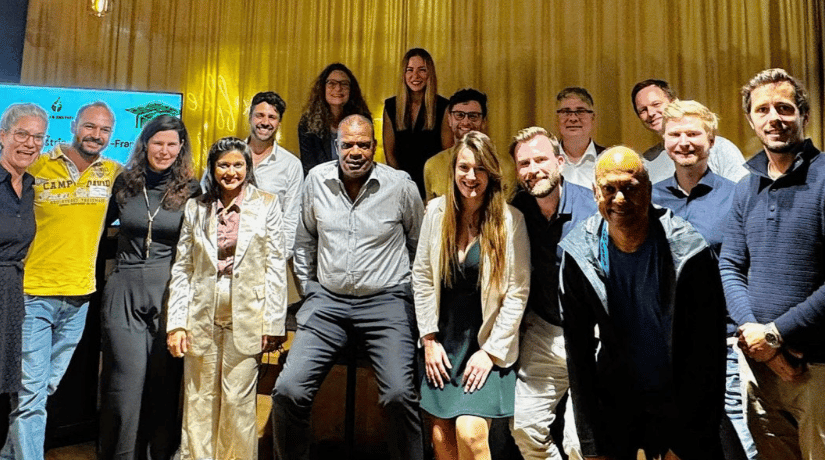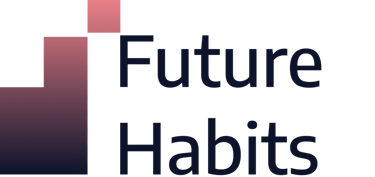From Idea to Incorporating 15 Companies in 14 Weeks – A Story of Grit and Growth
By Favour Patrick | Categories: Workshop


What does it take to turn an idea into a company? For the Spring 2025 cohort of the Founder Institute Switzerland–Austria, it meant 14 weeks of testing, refining, and persevering through one of the world's toughest pre-seed accelerators.
From over 400 applicants, 52 founders were selected. By the end, only 15 startups remained standing, with twelve already incorporated and three completing their final steps. The journey was anything but easy. It demanded resilience, discipline, and the ability to evolve under pressure.
A Journey of Grit and Growth
The program concluded in a hybrid graduation earlier this year in Zurich, where some founders pitched in person and others virtually. The format itself reflected the flexibility and global reach of the Founder Institute. What mattered most, however, was the transformation. The program’s rhythm of create, test, present, and refine pushed participants beyond their comfort zones. Many could not keep up, but those who did walked away with more than a pitch deck. They left with incorporated companies, investor-ready business models, and advisory boards that positioned them for the next stage of growth.
Founders and Ideas in Motion
The ventures that emerged reflect the diversity and creativity of this cohort. Joe Pavlisko (PassionClass) described how the Institute forced him to think critically about what he really wanted to build. Dragana Avramovic (FIDAI) entered with only a vague idea and left with a viable business. Annalisa Iob (DateTheApp) credited constant pitching with building her confidence, while Nuno Valente (Nana’s Home) said the program gave him the narrative he needed to approach investors.
Other founders also carved unique paths forward. Nicola Poggi (BeyondCult) transformed social media audiences into sales leads. Ismael Keita (Greenify) used AI to cut energy bills and emissions. Harsha Saxena (Lynera.ai / IICSR) worked to make sustainability education more accessible with AI. Frank Delattin and Aurelia Petrov (Memojo) helped people relive their most meaningful memories. Johanna Baur (Pet Pro Booking) connected pet owners to trusted services, while Maria Sokolova-Raikkonen (Topcho) simplified preventive pet care. Raphael N. Bassama (Yobé) empowered mototaxi riders in Senegal, and Zunga Linger (Zayah Development) explored digital twins for urban and industrial planning.
Each of these ventures is a reminder that the program was not just about ideas. It was about reshaping, sharpening, and preparing them to meet the realities of building a business.
The People Behind the Process
None of this would have been possible without the leadership and support of the directors, mentors, and partners. Ingeborg Gasser-Kriss, Lilla Peczely, Stephan Kreiger, and Kasia Sadowska (Founder of Build Future Habits) guided the program with steady, hands-on leadership. Their commitment ensured that founders moved from kickoff to graduation with structure, accountability, and encouragement. Mentors such as Jacqueline Kressner, Stanish Gunasekaran, and Simon Führer in Austria, alongside Swiss and Austrian partners, provided essential insights ranging from incorporation advice to business strategy. Collectively, this ecosystem of guidance ensured that founders did not walk the journey alone.
The journey of this cohort has already been captured in detail by the Founder Institute, and what stands out when looking back is not only the resilience of the graduates, but also the power of community and structure in shaping founders’ paths.
It is also a signal of inclusion. Nearly half of the graduating founders were women, a meaningful step forward in building a more balanced and resilient startup ecosystem.
Starting a company will always mean navigating storms. Yet as this cohort proved, with grit and the right guidance, those storms can become momentum. The result is not just incorporation. It is evolution.
Supercharge your business with AI!
Follow us & Subscribe
to stay up to date with AI Tools!


